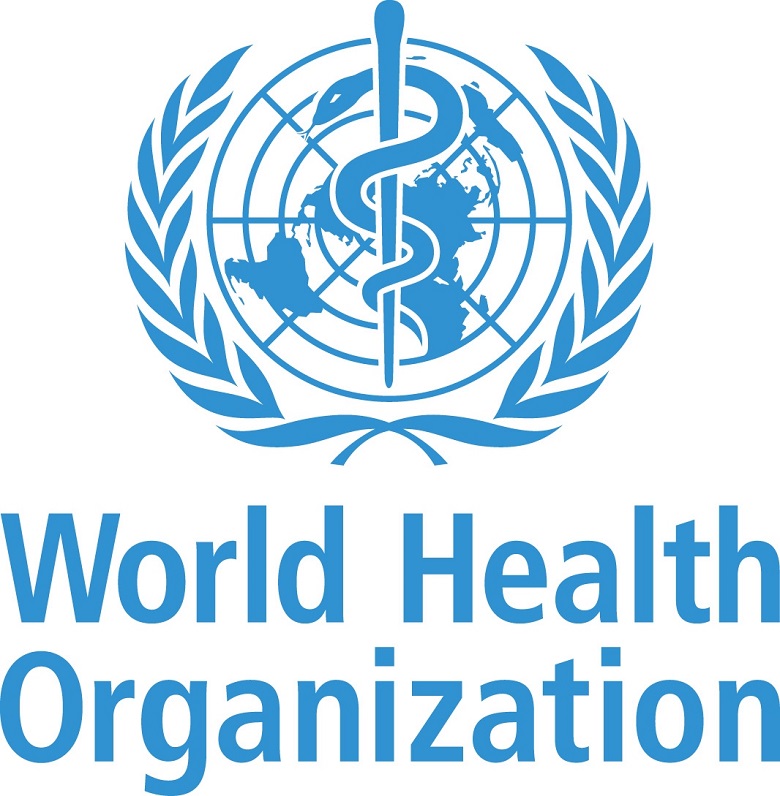Health Tips: Knowing the MERS-CoV Coronavirus
From the Severe Acute Respiratory Syndrome (SARS) in 2003 to the bird flu in 2006, we have been able to protect ourselves from viral outbreaks by knowing the enemy. Now, we face a new enemy: the Middle East respiratory syndrome coronavirus or the MERS-CoV coronavirus.
On April 15, a passenger inbound from the UAE was reported to be infected by the MERS-CoV virus, but later tested negative, according to the Department of Health (DOH).
To help protect ourselves from possible infection, I compiled a couple of things from a World Health Organization (WHO) report that can help us understand more about the MERS-Cov coronavirus:
Health Tips: Knowing The MERS-CoV Coronavirus
– According to WHO, the first outbreak of the MERS coronavirus was discovered in 2012. Previously known as the novel coronavirus, it was first found in Saudi Arabia as a new virus strain that has not been seen in humans before. It has also been reported that at least half of those infected by it have died.
– Transmission of the virus from person to person is possible. recent updates have shown that more human-to-human infection have occurred than previously observed.
– Scientists have found similarities in a coronavirus found in dromedary camels and MERS, but more tests are required to understand the transmission of the virus from camels to humans.
– WHO says that Common symptoms of the MERS virus are acute, serious respiratory illness with fever; cough; shortness of breath and breathing difficulties. Most patients have had pneumonia, too. Many have also had gastrointestinal symptoms, including diarrhea. However, this was based on a limited number of cases and better understanding of the virus is still needed.
– WHO also says that “the outbreaks appear to be self-limited or extinguishable with rigorous implementation of appropriate infection control guidelines.” Like washing the hands and using protective equipment (gloves, masks, etc.) and airborne preventive measures.
According to the report, affected countries in the Middle East include Jordan, Kuwait, Oman, Qatar, Saudi Arabia and the United Arab Emirates (UAE), all of which appear to have had primary transmission events from non–human sources. Other affected countries include France, Germany, Italy and the United Kingdom (UK), in Europe; and Tunisia, in North Africa.
Always remember: prevention is better than cure.







